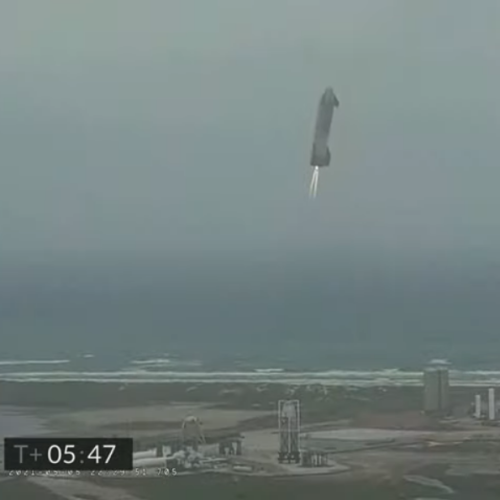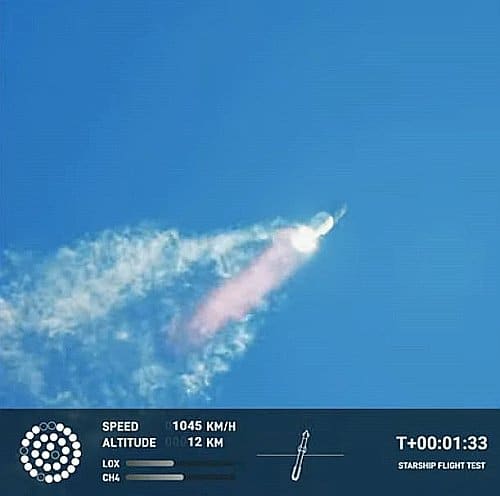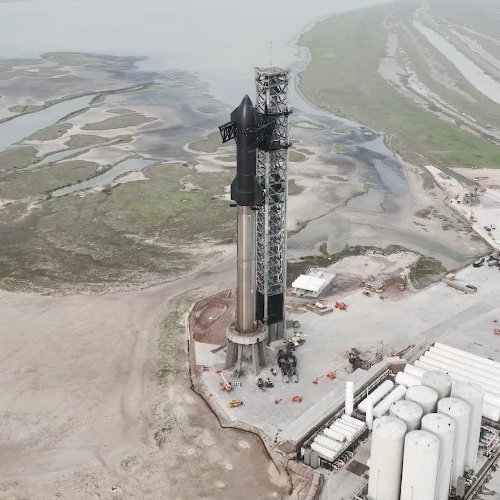The evidence shows clearly that Biden has worked to squelch Elon Musk and SpaceX

Starship prototype #15, during its successful suborbital test flight in May 2021
The public concerns expressed last week by one NASA official about the regulatory delays caused by the FAA to SpaceX’s Starship/Superheavy development program illustrated once again my sense that there had been a stark change in how SpaceX was being regulated by the federal government, from the Trump to the Biden administration. Under Trump, SpaceX was moving fast, launching test flights frequently. Under Biden, all such test flights appeared to grind to a halt.
For example, it seemed to me that during the Trump administration the FAA allowed SpaceX to complete its investigations of explosions or launch failures quickly, so they could proceed as quickly to another test launch, sometimes only weeks later. After the first orbital test flight of Superheavy/Starship on April 20, 2023, however, the FAA responded quite differently, demanding the right to oversee a full investigation that it also implied would take many months.
Others have disputed this assertion. For example, space reporter Doug Messier commented about my analysis, stating that the FAA’s insistence on a lengthy investigation into the April 20, 2023 Superheavy/Starship orbital test flight failure was simply standard procedure. “I don’t think this represents any change in policy. This is how it’s been done for years,” Messier wrote. “It’s easy to scapegoat FAA as THE cause of the problem, and speculate about nefarious actions by the Biden Administration.”
Who is right? Am I being paranoid? Or is Messier being naive? As Howard Cosell used to say on Monday Night Football, “Let’s go to the videotape!” Or in this case, let’s take a hard detailed look at how SpaceX’s test program for Starship/Superheavy came to a screeching halt when Joe Biden took over the White House from Donald Trump.
From 2018, when SpaceX began first cutting metal on Starship prototypes, to May 2021, the company did eight suborbital test flights and at least six tank and static fire engine tests, with some resulting in explosive destruction. Below is a list of those tests (There were more such engine and tank tests during that time, but these were ones I could quickly find).
» Read more





